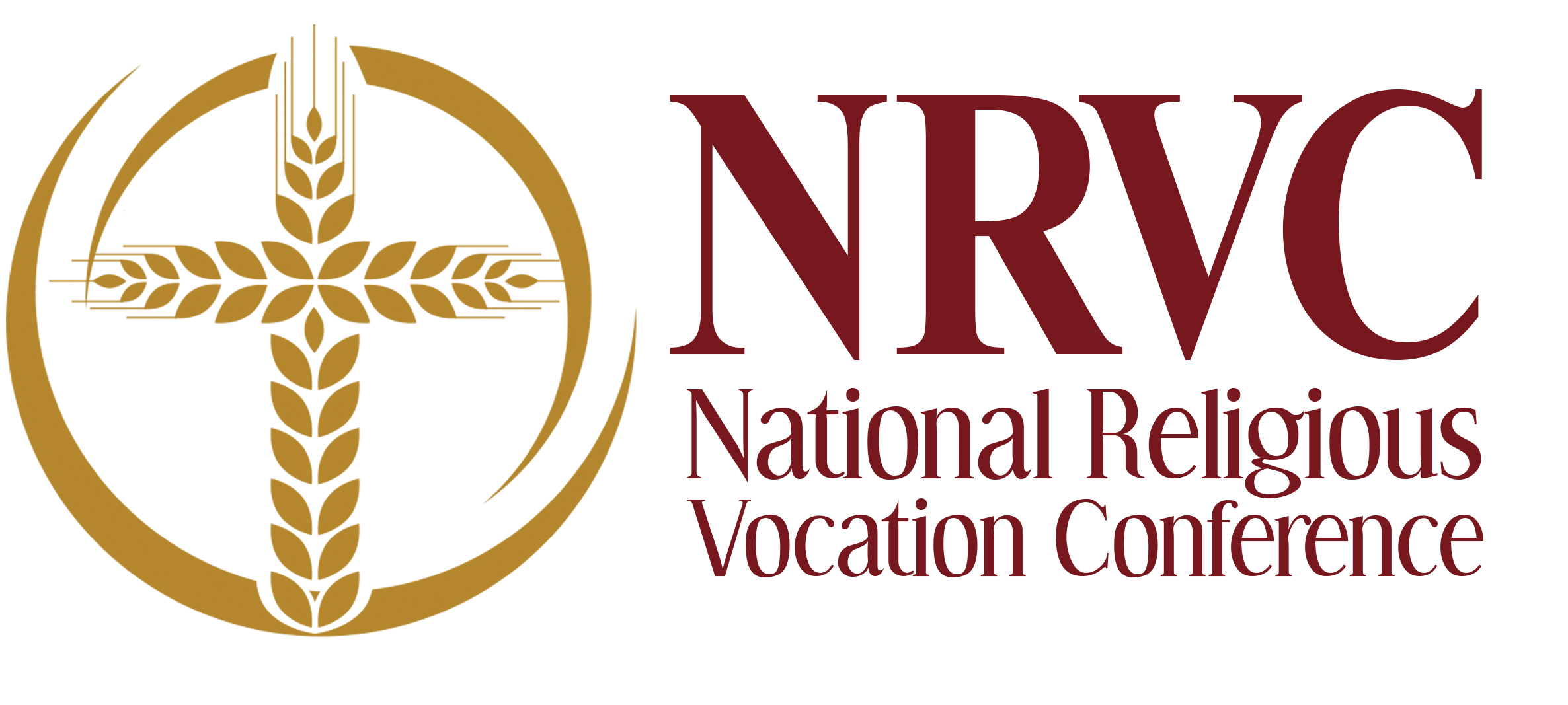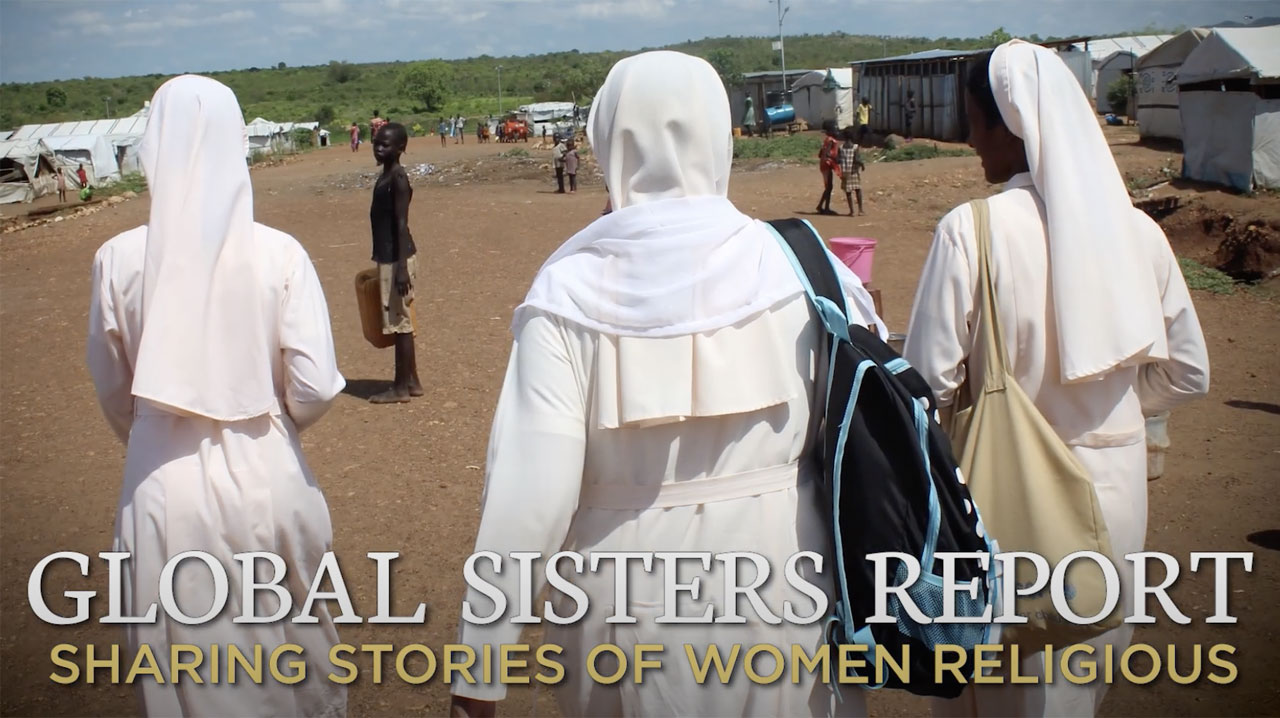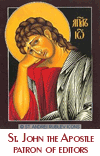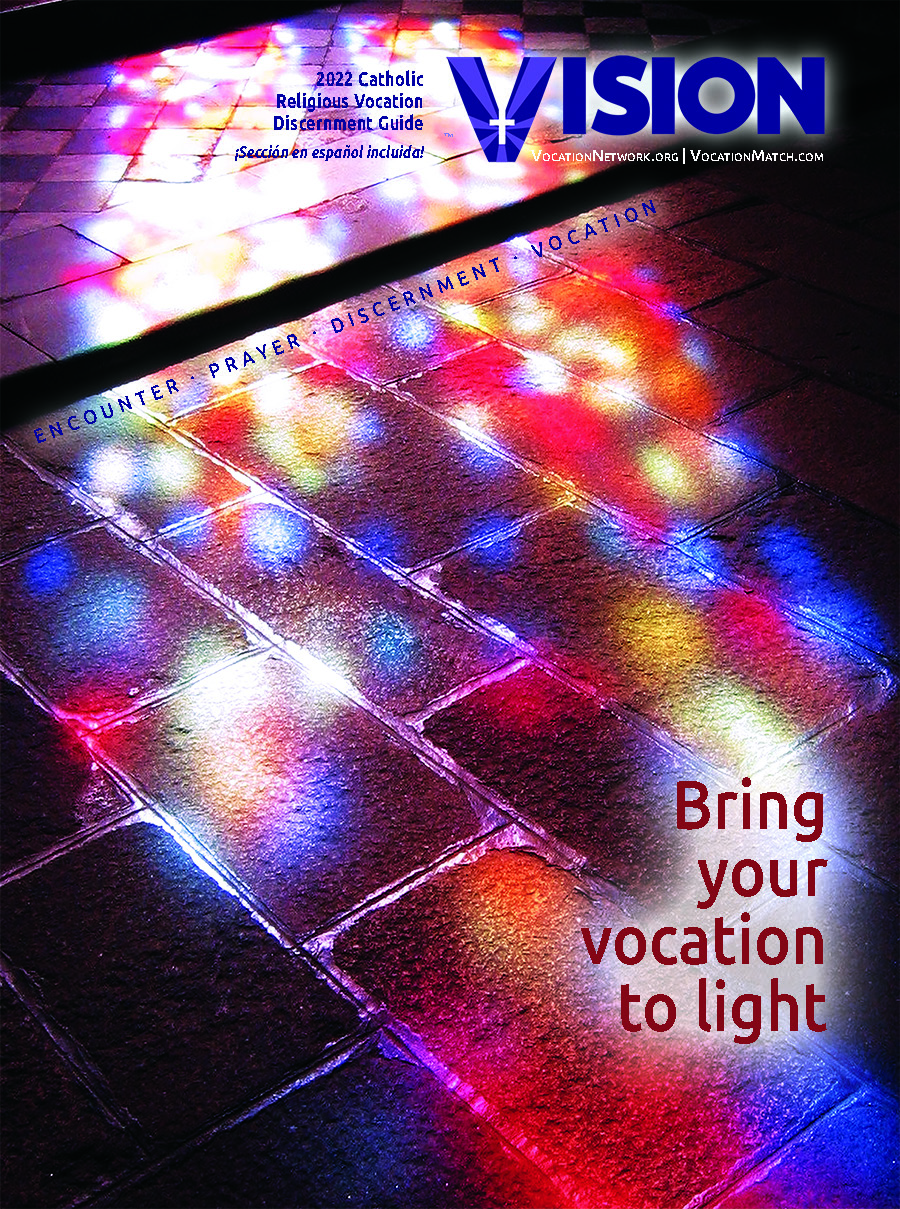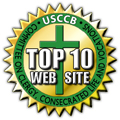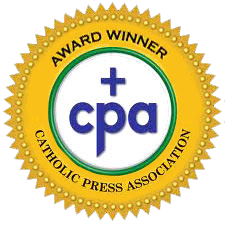|
SIFTING FOR WISDOM IN THE AGE OF INFORMATION
This generation is blessed to have the information of the ages at our fingertips. Which makes us fortunate in many ways. It doesn't necessarily make us well-informed. Nor does it make us wise.
As writer Pico Iyer noted in The Art of Stillness: Adventures in Going Nowhere: “The ability to gather information … is now far less important than the ability to sift through it.” Not all facts are created equal; some facts turn out to be no better than opinions. And let's not forget what Mark Twain wrote in his autobiography: “There are three kinds of lies: lies, damned lies, and statistics.” Collecting information like this can still leave us closing our fingers on sand.
Sources matter. Corroborating one source with another helps. Pondering what we've learned so far is also a significant task in discerning the truthfulness of a new kernel of information. How do random facts integrate with other ideas we've already gathered and authenticated? What will be the thrust of incorporating this new concept into the whole?
Truths have to swim together to be identified as wisdom. Whether an idea comes from science or religion—from a doctor, political representative, pastor, tax consultant, newscaster, or neighbor—it can't be deemed true in isolation from the greater whole. So if a social idea is just too mean to hold alongside the gospel of love, one of these has to go. All truth is one truth—if indeed it's true.
—Alice Camille,
reprinted with permission from TrueQuest Communications
|
